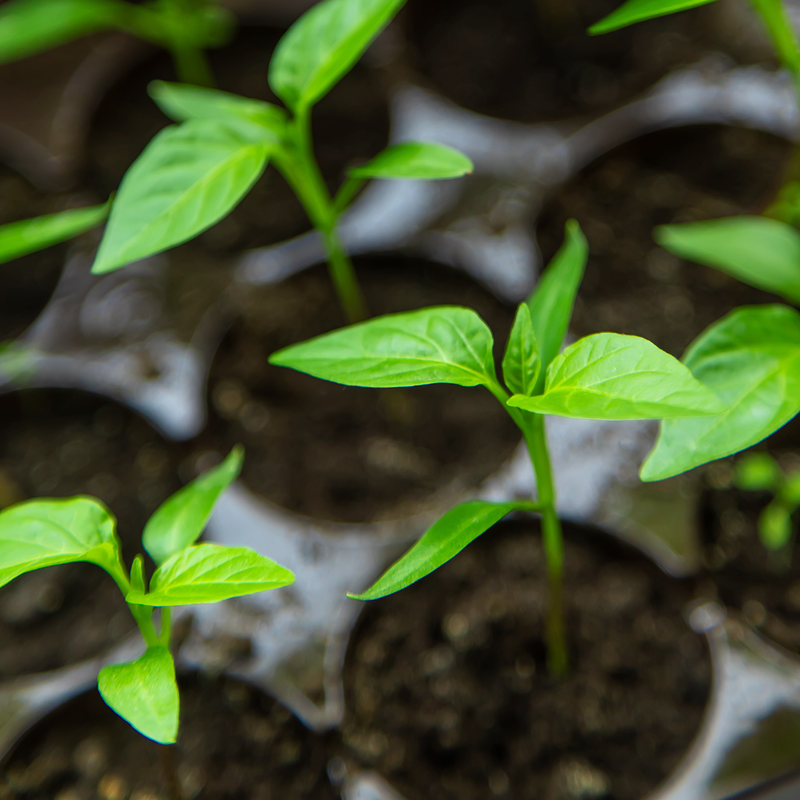Indigenous knowledge has long been a source of wisdom and innovation in agriculture. At OSKYA Farms, we recognize the invaluable contributions that traditional practices can make to modern sustainable farming. By blending Indigenous knowledge with contemporary techniques, we aim to create a farming system that is both productive and ecologically sound.
One of the ways we incorporate Indigenous knowledge is through the use of traditional crop varieties. These crops have been cultivated for generations and are uniquely adapted to the local environment. By growing native plants, we not only preserve biodiversity but also ensure that our farming practices are in harmony with the natural landscape. These traditional varieties are often more resilient to pests and diseases, reducing the need for chemical interventions.
Another important aspect of Indigenous knowledge is the understanding of natural cycles and ecological relationships. Indigenous farmers have long observed the interactions between plants, animals, and the environment, using this knowledge to enhance their agricultural practices. At OSKYA Farms, we apply this holistic perspective to our farming methods, promoting practices that support the health of the entire ecosystem. This includes companion planting, natural pest management, and the preservation of wildlife habitats.
Community involvement is also a cornerstone of Indigenous agricultural practices. At OSKYA Farms, we believe that sustainable farming is a collective effort that requires the participation and support of the entire community. We work closely with local Indigenous groups, sharing knowledge and resources to build a network of sustainable farms. Through workshops, training programs, and collaborative projects, we empower our community to embrace sustainable practices and contribute to the resilience of our local food system.
